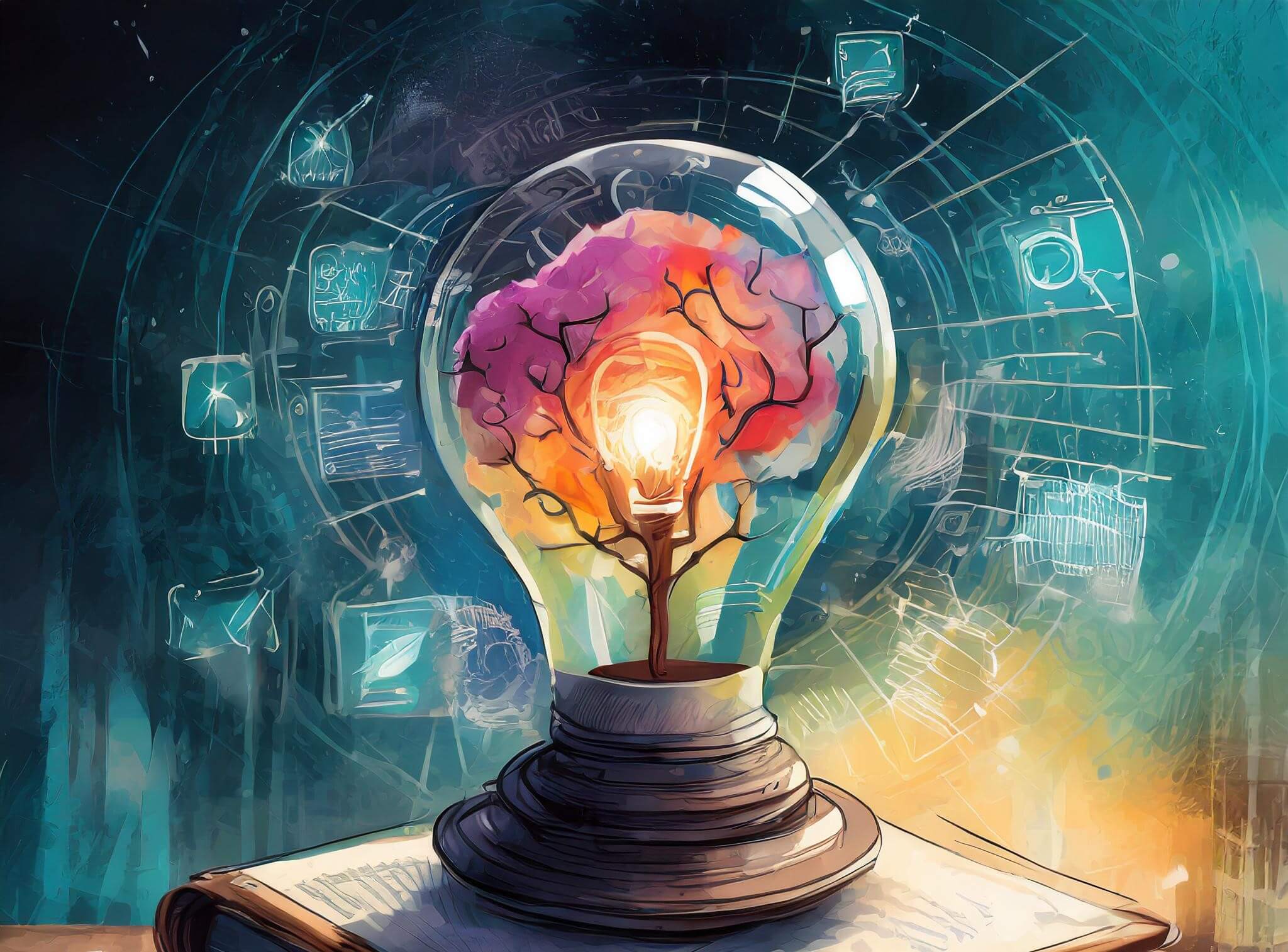Workshop: Transform your research with creative thinking

Creative methodology and creative thinking helps you in your daily research e.g. by identifying new possible connections between your research questions, hypothesis, experimental setups and data. It opens your mind and helps you to avoid getting stoked in the blind spots that exist in all research projects.
The systematic use of creative thinking can be particularly helpful in the generation of new ideas, new hypotheses and innovative experimental designs, as well as in the communication of your research. By joining this hands-on workshop addressing creativity in experimental research, you will learn how to use different approaches to creative thinking in your daily research and to improve your chances of coming up with transformative research breakthroughs.
The workshop consists of small lectures giving you a deep understanding about the nature of creativity. But it is not a course in creativity theory. First of all it is a practical hands-on workshop aiming at making you aware of- and training your creativity. Through exercises that are designed to train and develop different creative competences, you, little by little, will experience to get a toolbox that helps you be more creative. At the workshop we use a didactic approach called Creative Platform Learning, which is developed at Aalborg University. It is a research based didactic approach designed to make students, knowledge workers and researchers more creative in their work. You will get a firsthand experience with several methods and well-supported tools for creative thinking in different aspects of your daily research. After the workshop, you will have access to training exercises and other materials that can help you on your journey towards a more creative and transformative researcher.
You will be introduced to a model of creative thinking where creative effort is divided into 20 specific competences that can embodied through training. You will also be introduced to very basic knowledge about creative behavior and based on this you will develop your own creative oases. A very concrete time and space, where creative thinking will be easier and more fruitful. We will focus on 5 of the 20 creative competences to be used in your creative oasis. You will learn to participate in a creative collaboration and how to make use of horizontal knowledge that normally will be considered irrelevant, but transformative in the creative process.
We will spend time to test the creative competences and tools on your own research and you will experience to participate in creative collaboration about yours and other participants research. For this purpose, make sure you bring an updated mind about the RQ´s, hypothesis and data you are currently working on.
The exercises uses the didactic Creative Platform Learning, which are inspired by creative approaches like Synectic (Creative methodology that stimulates thought processes using analogies, by George M. Prince), TRIZ (theory of inventive problem solving by Genrich Altshuller), Lateral Thinking (Creative Thinking Technique by Edward De. Bono) and CPS (Creative Problem Solving, by Alex Osborn and Sid Parnes), which are all designed to make you more open-minded and insightful. When you implement this creative practice in your existing methodology, it enhances the likelihood that you discover something new and transformative in your research.
- To get a firsthand experience with creative thinking and realize the impact it can have on your normal thinking process
- To understand that the way we think determines how we perceive insights from our data and how we interpret our results
- To understand why and how creative thinking influence knowledge production in research
- To be able to think more flexibly and original, while doing research
- To understand how you can integrate creative thinking in your existing research method – both in theory and in practice
- To learn how to participate in creative collaboration with other researchers and stakeholders
- To learn approaches to creative writing that are valuable in the writing process
Søren Hansen is from Aalborg University and has more than 15 years of experience in researching and teaching how to enhance creativity in research. Through his research in creativity, Søren Hansen has developed a systematic process to develop a personal creative approach to knowledge generation. He has also developed several University programs and education with a high focus on creativity.
You need to participate psychically. It is not possible to facilitate a workshop like this online. It is important that you can participate throughout the whole workshop without having other task to take care of. The exercises will require your full attention to give you the desired outcome. You will learn that being creative, first of all is about being able to control your mind and your attention.
Show up with an open mind and willingness to explore how your mind is (also) working. You should not read any literature before the workshop. After the workshop you will have a list with proposed literature together with other materials you can use in your future research.
After the workshop you will get a task to work on, which will help you continue your training and use of the mindset and toolbox you bring from the workshop.
Day 1 - Monday 10 June
| 08:45-09:00 | Breakfast (Coffee, tea, croissant) |
| 09:00-12:00 |
|
| 12:00-13:00 | Lunch (Included) |
| 13:00-17:00 |
|
Day 2 - Tuesday 11 June
| 08:45-09:00 | Breakfast (Coffee, tea, croissant) |
| 09:00-12:00 |
|
| 12:00-13:00 | Lunch (included) |
| 13:00-16:00 |
|
Language: English
ECTS: None
Seats: Maximum 30 participants
Time: June 10th: 9:00-17:00 and June 11th: 9:00-16:00
Venue: Room 7.15.149, 15th floor, Maersk Tower, Blegdamsvej 3B, 2200 CPH N
Sign up here
Deadline for registration is 24 May 2024.
